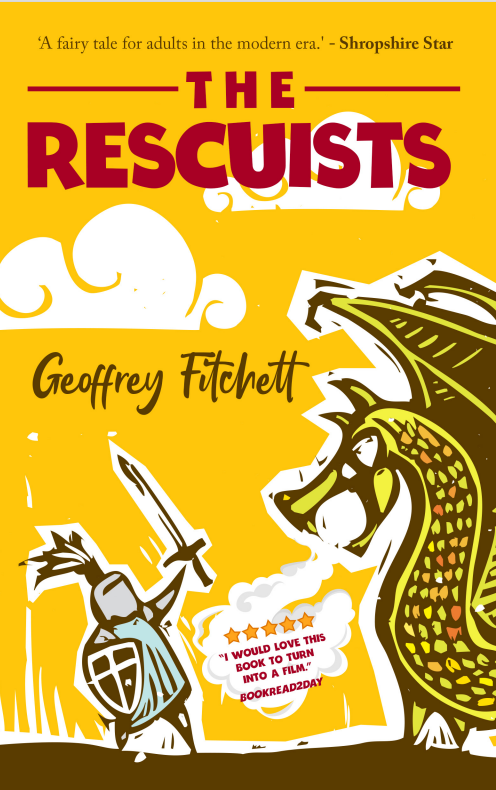Great Quotations and their explanations #6 “Rich not gaudy for the apparel oft’ proclaims the man.” William Shakespeare

I once got reprimanded by a delegate on a caravan sales course for spelling Shakespeare incorrectly, putting Shakespear under one of his quotations – possibly this one. It being a Shakespearean error, I bowed theatrically and apologised for the offence I had caused the learned sire. It was an honest mistake, almost certainly influenced by having listened to some excellent music by Shakespear’s Sister in the car on the way to the venue.

We carried on with me showing uncharacteristic restraint as I avoided being a smart-arse. It would, I felt, have been bad form to correct him in front of his peers, so said I nothing. These days I’m far less reticent, unleashing the smart-arse frequently enough to deserve the sweatshirt. Probably.

The thing is, you can spell Shakespeare almost any way you like, and it won’t be far wrong. There are six of Shakespeare’s signatures in existence and not one of them is spelt the same. There are a further seven different spellings where contemporaries have written about him and spelled it differently still. All these varying signatures led to one of those conspiracy theories that he might never have lived and instead the bard might just be the amalgam of a number of other play-writes. Rest assured he did exist and Shakespeare is the most common spelling, but not by him personally.

To say the man was a wordsmith is grossly underestimating just how brilliant he was at utilising, manipulating and reinventing the language. English has more words than any other language, currently listed at 171,476 in the Oxford English Dictionary twenty-volume set, plus 45,156 obsolete words. Add in technical terms and every other possible variation old and new, and the total rises above a million. The average Brit uses around 8,000 different words in normal conversation but knows between 10,000 and 30,000 depending on education. Meanwhile studies of (American female) telephone calls shows that everything that needed to be said can comprise as few as 400 different words. Shakespeare used 31,534 different words in his works and is estimated to have known many more than that, not only good by contemporary standards, but extraordinary for the era, when the scope of the language was much smaller. It is likely he had virtually the entire lexicon in his head, an idea supported by the fact that he invented 1,700 of the words we use today because what he wanted to say, had no simple label at the time. He gave us fashionable, addicted, barefaced, arouse, lacklustre, swagger, worthless, grovel, excitement, bedroom, obscene, epileptic, grovel, remorseless, accused, compromise, mimic, frugal, gloomy, bump, dawn, tranquil, pedant, majestic, label, lonely, advertising and champion to name but a few. What a writer! What a mind!
Rich not gaudy. Let’s start with the ‘rich’ part and how rich it should be. If we are satisfied that rich means well-dressed and with it, well-groomed, looking rich means Shakespeare is recommending some pretty fine clothes for your next business meeting or maybe it’s a fancy frock for a ‘do’.

Getting the balance right depends upon the context and the other attendees, very few people enjoy finding themselves completely over or underdressed, so it’s about the art of pitching it correctly. In most sales environments that means dressing in line with the market position of the brand; high-end brand means better clothing, budget brand, a little less so. In other settings it means adjusting the standard to reflect the expectations of the customer. The headmaster of the exclusive college needs to dress well, the fabulous Professor Robert Winston, turning up at a hopeful young couples’ house to offer advice on conception, should look like an eminent doctor, rather than someone on their way to a squash match, but the equally fabulous Professor Alice Roberts is fine in something more casual when she elucidates on ancient human remains on the BBC.

A double-glazing salesman visiting a retired schoolteacher’s house would do well to not overdo it. If it looks like he’s raking it in selling UPVC windows, the potential customer will assume the profit margin is set to ‘greedy’ and either lose trust in the vendor or expect to negotiate the price down considerably. Too scruffy means you have no credibility, too flash means you’re grabbing unjust piles of the filthy lucre. And here are those two main points again: Flash is something other than rich, it’s the gaudy reference and it means that quality and taste have been substituted for bling and obscene crassness.

And why is the silly salesman wearing it today? It’s one thing to strap the Rolex to his wrist for the annual sales awards event, but another thing entirely to wear it on a sales call. It says, “You, Mr Customer, may have worked hard all your life being a schoolteacher but I’m making more money than you’ll ever have by flogging you this stuff.” The truth might be that the watch was itself a sales award and that actually, the poor salesman is struggling with his mortgage, two car payments and a stack of credit-card debt, even though he recently raided his pension to make ends meet. To the customer, that just means, “Hello, I’m a blithering idiot whose priorities are inverted.” An alternative (and not better) scenario is that the watch was bought on a lad’s trip to Thailand and is actually fake. Like the dyed hair, the Not-Hugo Boss suit and the ghastly overdone salon tan, it suggests, “I’m basically a fake from head to toe so please take everything about me with a pinch of salt.” In these sorts of setting, trying to find the sweet spot between being smart enough for credibility, but not so smart that you outclass your customers is the objective.

The penchant for ‘nice’ things is understandable in others even if you don’t want to join in yourself. A salesman who has dragged himself up from modest beginnings will want to celebrate and use the symbols of his home turf to make a statement. As a boy, fast cars and fancy clothing labels were the obvious clues to getting on and getting out, so these are the first purchases made when earnings allow. It’s not necessarily smart, but it is entirely understandable and look around, most of us do it one way or another. We may not need the thing to be quite that good, but if we can afford the best then most of us will. But what you wear to work is a uniform even if it isn’t officially sanctioned. And what you wear anywhere else you go, makes a statement about the real you inside. Make rich relative and throw gaudy in the trash

